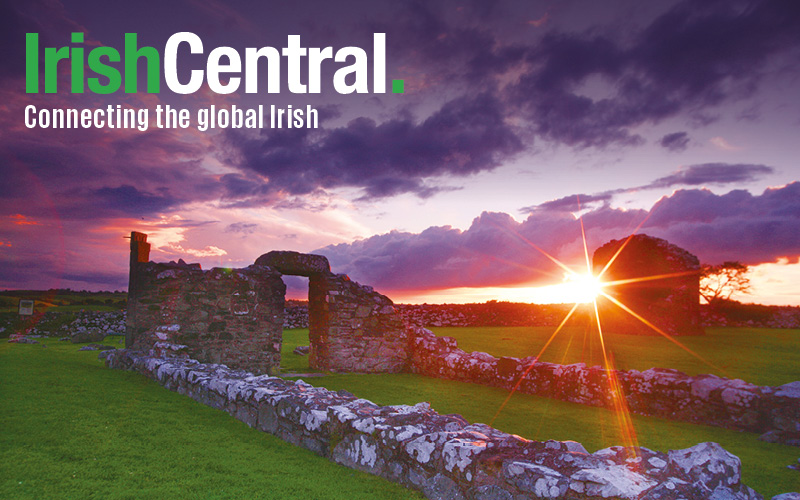Gangster rap is something that has been in the USA for over 30 years and now it's finally being written and performed in the Irish language in Ireland.
Introducing KNEECAP - a group from the city of Belfast in Northern Ireland.
They are fluent in the Irish language Gaeilge (commonly referred to as Gaelic in the USA) and write all their songs in the language.
In 2017, they released the video for their song, C.E.A.R.T.A, which attracted a lot of attention online.
The song has all of the staples associated with the gangster rap/ hip-hop genre, they commit anti-social acts, promote drug use and they insult the authorities.
Read more IrishCentral music news here
This genre of music has never been performed in the Irish language before and it is a completely unique way to interpret a language that is thousands of years old.
Have a look here:
KNEECAP want to show Belfast off in an honest way, they want people to experience what life is like for young people in the city:
"We are all products of our environment, and our environment might not be what you think it is so we are here to try and give you a wee (small) peak into that world we live in"
Their song, C.E.A.R.T.A. was even due to be broadcast on the Irish Public Service Broadcaster, RTÉ, but never was which has led to speculation that the song has been banned due to its graphic content.
Read more: Conor McGregor picks beautiful Irish-language name for his new daughter
KNEECAP, however, is a quintessential example of the young people in Ireland going back to their roots and reconnecting with their native language in a different way.
Here are some lines of their rap with a translation. Be warned, there are some profanities:
Foc mi, ní fhaca mé na bastairdí - Look at me, I didn't see the bastards
Seans ar bith, go bhfaighidh siad mo mhála MD, - No chance they'll get my MD (drugs) bag
There's no doubt that their music will create controversy around Ireland but it might also give a boost to a language.
How are you celebrating Seachtain na Gaeilge? Let us know in the comments section, below. You can read more Irish language stories here.
*Originally published in 2017.
This article was submitted to the IrishCentral contributors network by a member of the global Irish community. To become an IrishCentral contributor click here.




Comments